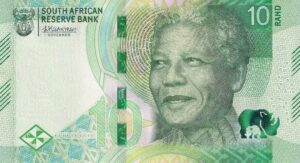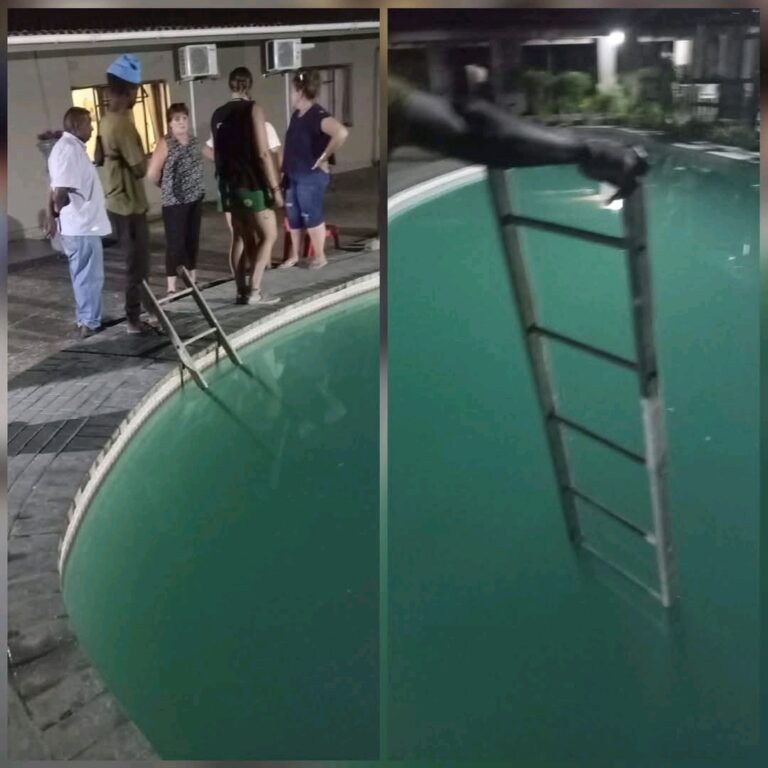
Zulu King Misuzulu kaZwelithini has appealed for unity and financial support from the Zulu nation as preparations continue for the annual Reed Dance festival. Following challenges with government funding, the king’s advisors have proposed a system where every Zulu person worldwide contributes R10 monthly to ensure the independence and sustainability of both the royal family and the cultural event.

The call comes after the KwaZulu-Natal Treasury withheld its usual financial support for the festival, prompting King Misuzulu to relocate the ceremony from its traditional venue at Enyokeni royal palace to the Mashobeni palace. This move, though controversial, is seen by the royal advisors as a step towards reinforcing the independence of the Zulu monarchy and preserving cultural heritage without reliance on state funding.
Advisors Defend the Proposal
Professor Jabulani Maphalala and businessman Philani Mavundla, both senior advisors to the king, explained that the proposal is not merely about money but about reaffirming the Zulu people’s commitment to their culture and traditions. According to them, the recent financial restrictions and the negative press surrounding the monarchy are deliberate attempts to undermine the authority of the king.

“Zulu people pay taxes like every other South African,” Maphalala argued, “but cultural obligations and traditions are unique to us. These must be respected and supported. By contributing directly, the Zulu nation ensures that the king has the freedom to uphold our traditions without government interference.”
Mavundla added that this small contribution from millions of Zulu people around the world would create a strong and sustainable fund that secures the royal household’s independence. He emphasized that the amount being requested—R10—is symbolic and affordable, yet powerful enough to create financial stability for cultural events like the Reed Dance.
Historical Roots of the Idea
The notion of Zulu people contributing directly to sustain the monarchy is not new. Professor Maphalala reminded the nation that as early as 1933, Prince Mshiyeni suggested the same after the death of King Solomon kaDinuzulu. At the time, the idea was aimed at ensuring that the royal family was not left vulnerable to political and financial manipulation.
“This is a revival of an old vision,” said Maphalala. “Our forefathers already foresaw the importance of financial independence for the Zulu monarchy. Today, we are simply echoing that wisdom in a modern context.”
The Reed Dance: A Cultural Symbol
The Reed Dance festival, known as Umkhosi woMhlanga, is one of the most important events on the Zulu cultural calendar. It attracts thousands of young maidens who present reeds to the king in a show of purity, unity, and cultural pride. Beyond its cultural symbolism, the event also strengthens community identity and draws significant attention from across South Africa and the diaspora.
By funding the festival independently, the royal household believes it will protect the integrity of the tradition and reduce dependence on political structures that may not always prioritize cultural preservation.
A Call for Unity
The advisors concluded their message by stressing that the R10 contribution is not a burden but a symbol of solidarity. “This is about pride, culture, and independence,” said Mavundla. “If every Zulu person gives just a small amount, together we can preserve our traditions for future generations.”
As the festival approaches, the proposal continues to stir debate, with some praising it as a visionary move while others question whether ordinary citizens should bear the financial responsibility of funding royal and cultural events. Nonetheless, the call has reignited discussions on the importance of preserving African traditions in a modern and politically complex South Africa.




